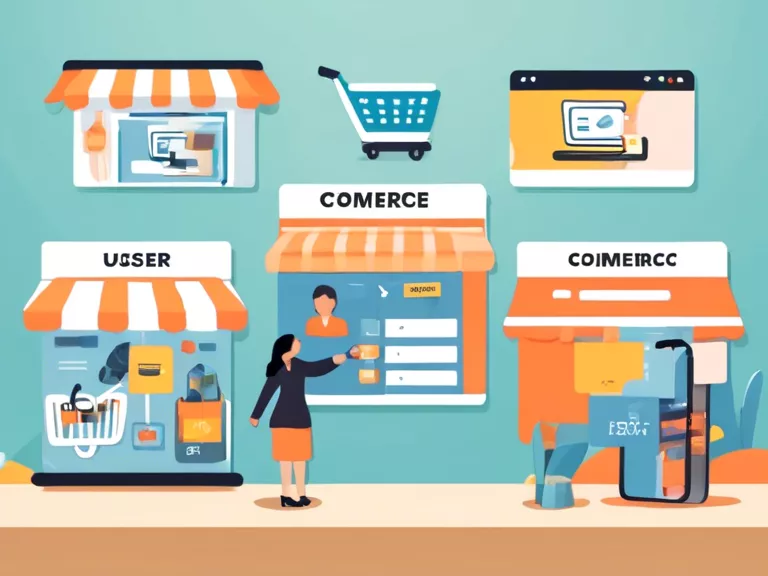
Customer feedback is essential for any e-commerce store looking to improve its user experience and ultimately increase sales. Luckily, there are many tools available to help collect and analyze customer feedback. In this article, we will explore some of the best customer feedback tools for e-commerce stores.
One popular tool for collecting customer feedback is SurveyMonkey. This platform allows you to create customized surveys that can be sent out to your customers via email or embedded on your website. With SurveyMonkey, you can gather valuable insights on customer satisfaction, product preferences, and more.
Another great tool for collecting customer feedback is Hotjar. Hotjar allows you to see how users are interacting with your website through heatmaps, session recordings, and surveys. By understanding how customers are navigating your site, you can make informed decisions on how to improve their experience.
Google Forms is a free and easy-to-use tool for creating surveys and feedback forms. You can easily customize your forms and share them with your customers via email or social media. Google Forms also allows you to analyze responses in real-time, making it a valuable tool for e-commerce store owners.
For e-commerce stores looking to collect feedback through social media, Hootsuite is a great tool to consider. Hootsuite allows you to monitor mentions of your brand on social media platforms and engage with customers in real-time. By listening to what customers are saying about your brand, you can make improvements to your store and better meet their needs.
Lastly, Qualtrics is a comprehensive customer feedback tool that offers powerful analytics and insights. With Qualtrics, you can create detailed surveys, analyze feedback, and track customer satisfaction over time. This tool is ideal for e-commerce stores looking to take their feedback collection efforts to the next level.
By utilizing these customer feedback tools, e-commerce store owners can gain valuable insights into their customers' preferences and behaviors. By acting on this feedback, store owners can improve the user experience, build customer loyalty, and ultimately drive sales.



